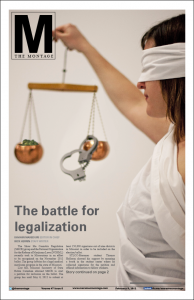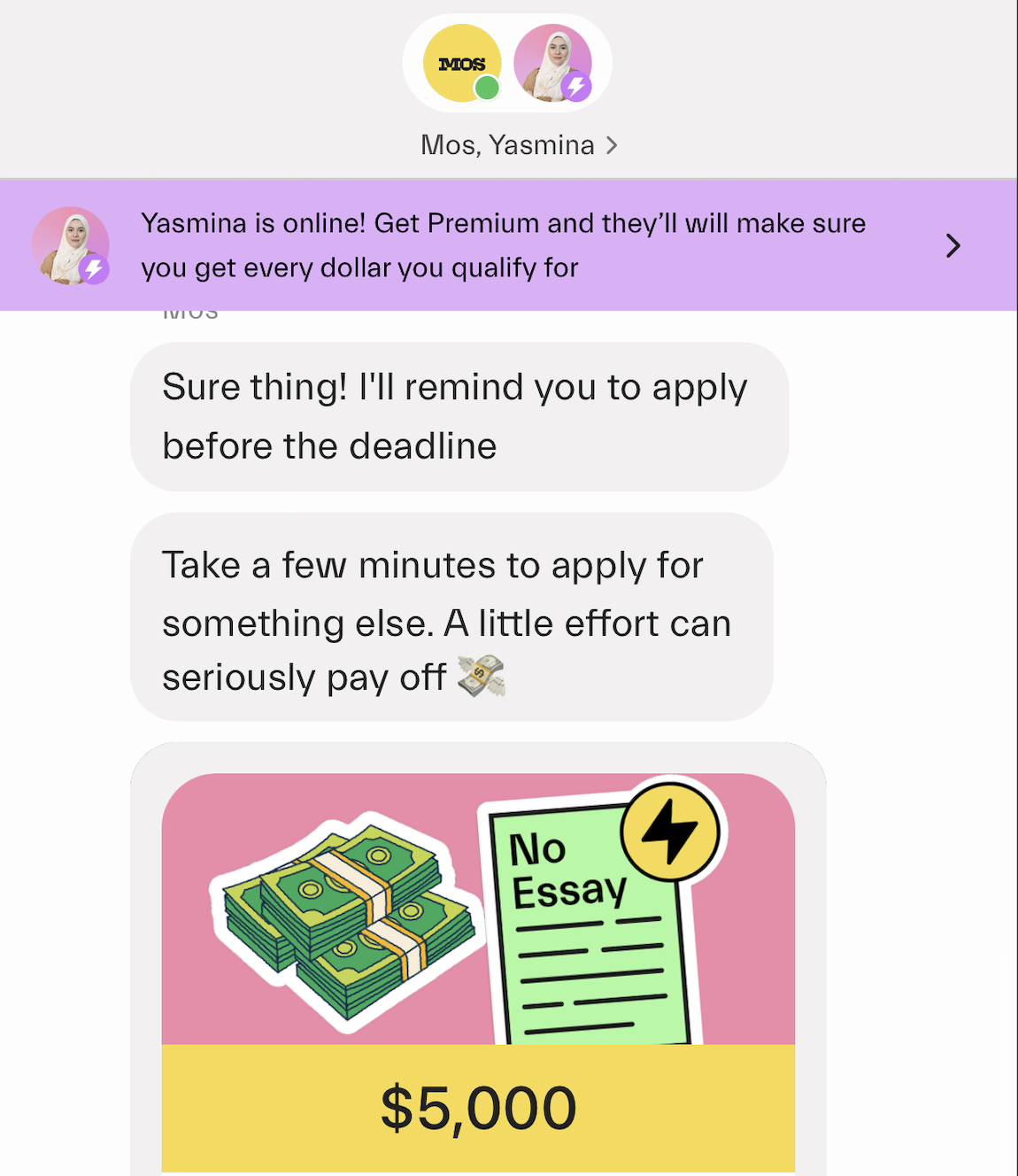Student petitions for peer support in marijuana legalization

Kavahn Mansouri
-Editor-in-Chief-
Nick Herron
-Staff Writer-
The Show Me Cannabis Regulation (SMCR) group and the National Organization for the Reform of Marijuana Laws (NORML) recently took to Missourians in an effort to be recognized on the November 2012 ballot. The group lobbies for a legal medical marijuana program in the state of Missouri.
Last fall, Missouri Secretary of State Robin Carnahan allowed SMCR to start a petition for inclusion on the ballot. The group has until May 6, 2012 to submit at least 150,000 signatures out of nine districts in Missouri in order to be included on the election ballot.
STLCC-Meramec student Thomas Holloran showed his support by manning a booth in the student center where he collected signatures for the petition and offered information to fellow students.
Holloran is part of the SMCR. He sits behind a table in the cafeteria collecting signatures in hopes of legalizing medical and recreational marijuana use in Missouri.
“I’ve done research and I think marijuana should be legalized because there are so many economic and health benefits,” Holloran said.
While Holloran is working for the cause, he also is motivated because he believes that by collecting enough signatures for the Show Me Cannabis regulation, the issue can reach the Missouri ballot. He hopes to collect 1,000 signatures by going to different St. Louis college campuses.
“More and more people want to volunteer for the cause and petition, so I think it will be on the ballot,” Holloran said. “Even if it doesn’t get on the Missouri ballot we are still doing a good thing by educating and raising the idea to the government.”
NORML is a nonprofit lobbying organization for the legalization of marijuana. NORML Western Missouri Campaign Director Amber Langston said that the group has received an “overwhelming” show of support from the community. Langston said that she believes students will be a vital part of the race to 150,000.
“We try to target people everywhere, any public place. In terms of students, I personally believe they will be a part of the backbone that will carry us to the finish line. Connection students for a unified movement is important,” Langston said.
Holloran said he chose to do these events at college campuses because they are one of the best places to get people to sign off on his petition.
“I’ve only done it twice and I’ve got almost 300 signatures,” Holloran said. “Campuses are the best place to do it because the people here are more experienced with the subject.”
Holloran said he had to receive permission from Meramec to have his table.
“I had to go and make a reservation and tell them what I was doing to make sure I wasn’t doing anything that tricked people,” Holloran said. “They were totally okay with it, it didn’t take long and they weren’t biased about it.”
Langston said NORML has launched an online training program. She said she hopes the policy will open the topic to discussion.
“We’re not here to say if it is [marijuana] a good or bad thing, I’d like to see this policy make Missourians open to have a more honest discussion about it,” Langston said.
According to Holloran, having the government regulate marijuana would fix problems regarding the underage usage of marijuana and unfair pricing.
“Drug dealers don’t ID, and they don’t mind selling it to kids. If the government regulates it, kids won’t get it as easily,” Holloran said.
Missouri lawyer and representative for NORML Dan Viets said that if the petition acquires enough signatures and passes on the November ballot, Missouri would see a big change in marijuana regulation.
“It would tax and regulate marijuana as we do alcohol, it would allow for people over 21 to possess and grow up to a 10 sq. ft. garden [and] allow retail – which would be taxed,” Viets said. “It would also allow doctors to prescribe medicinal marijuana with parental consent and allow use of low grade marijuana, also known as hemp.”
Holloran said marijuana is a drug that needs to be legalized in Missouri.
“Marijuana should be legalized here because it isn’t harmful,” Holloran said. “Cocaine and heroin are drugs that kill people and destroy families, not Marijuana.”
Langston said that without students the movement is nothing.
“No revolution in the past 50 years has started without students,” Langston said.











